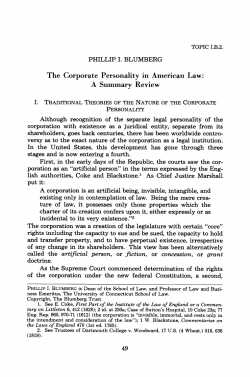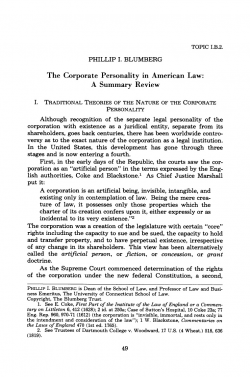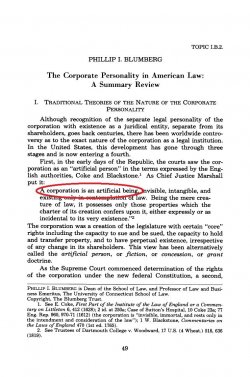Where democracy is defined by the whim of the Party leadersFascism is nationalism carried to the extreme.Fascism and socialism are opposite ends of the spectrum son. Fascists are on the far right. Your team.
No...they aren't. They are the same thing......government control of the means of production. Fascism is socialism........Mussolini, who coined the term Fascism...was a marxist to his core........
RWNJs in other words.
Fascist, Marxist, Communist and Socialist are all different ways of saying "I love Big Brother Government"
Democratic Socialists take the worship of democracy over the top. They want every-fucking-thing controlled by "democracy". Everything subject to a vote. I'll pass.
Even if it's the pure and sacred "will of the people", I'll pass. Government is there to protect our freedom, not to "run" society.




